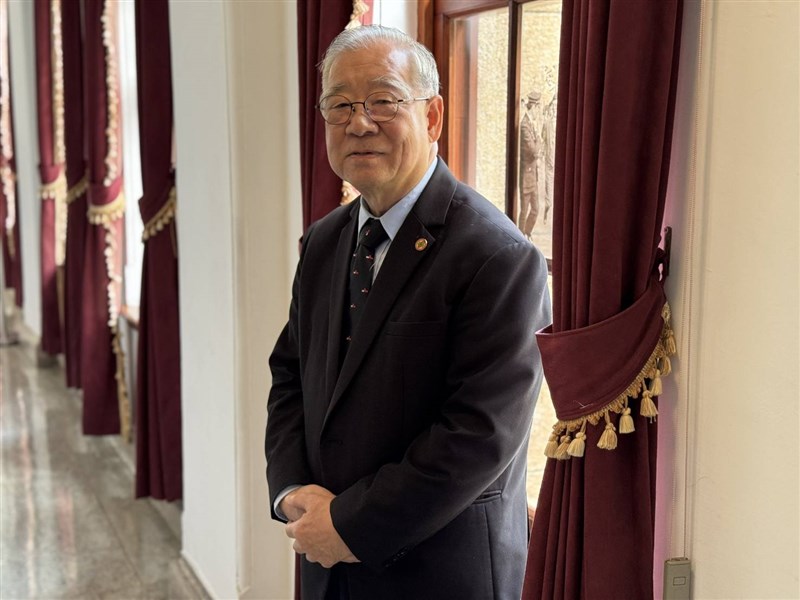FEATURE / Taiwan seeks national identity boost in classrooms amid China fears
06/22/2025 07:21 PM
Taiwan is opening a new front in its efforts to counter China's threats to its security -- the classroom -- to foster a greater sense of national identity and awareness of China's threat, but scholars warned that the approach could blur the line between education and political indoctrination.
(Full text of the story is now in CNA English news archive. To view the full story, you will need to be a subscribed member of the CNA archive. To subscribe, please read here.)
More in FEATURE
-
![To some, transitional justice has yet to expunge ghosts of 228 Incident]() To some, transitional justice has yet to expunge ghosts of 228 IncidentWhen Kenneth Wang (王文宏) recounted his father's suffering during the 228 Incident of 1947, he used humor to break up the difficult memories.02/28/2026 09:49 AM
To some, transitional justice has yet to expunge ghosts of 228 IncidentWhen Kenneth Wang (王文宏) recounted his father's suffering during the 228 Incident of 1947, he used humor to break up the difficult memories.02/28/2026 09:49 AM -
![Banana threat: Taiwan decodes secret to tackling banana killer TR4]() Banana threat: Taiwan decodes secret to tackling banana killer TR4When the banana-killing Panama disease was detected in September 2025 in Ecuador, the world's largest banana exporter, it sent chills through the global industry.02/20/2026 12:30 PM
Banana threat: Taiwan decodes secret to tackling banana killer TR4When the banana-killing Panama disease was detected in September 2025 in Ecuador, the world's largest banana exporter, it sent chills through the global industry.02/20/2026 12:30 PM -
![Beyond new clothes: Children in need get private LNY shopping session]() Beyond new clothes: Children in need get private LNY shopping sessionOutside the flagship store of Taiwanese apparel brand NET in downtown Taipei, a queue -- made up of children and their parents -- had formed well before regular opening hours, despite the chilly late-January morning.02/14/2026 04:03 PM
Beyond new clothes: Children in need get private LNY shopping sessionOutside the flagship store of Taiwanese apparel brand NET in downtown Taipei, a queue -- made up of children and their parents -- had formed well before regular opening hours, despite the chilly late-January morning.02/14/2026 04:03 PM
Latest
-
Society
Taiwan headline news
03/02/2026 09:46 AM -
Business
Taiwan shares open lower
03/02/2026 09:11 AM -
Sports
Taiwan's hopes of advancing in FIBA World Cup slim after losing to China
03/01/2026 08:17 PM -
Culture
Paper Windmill's Rain Horse to show at Chiayi Taiwan Lantern Festival
03/01/2026 07:16 PM -
Sports
Taiwan's Lin Yun-ju advances to WTT men's singles final in Singapore
03/01/2026 06:45 PM


